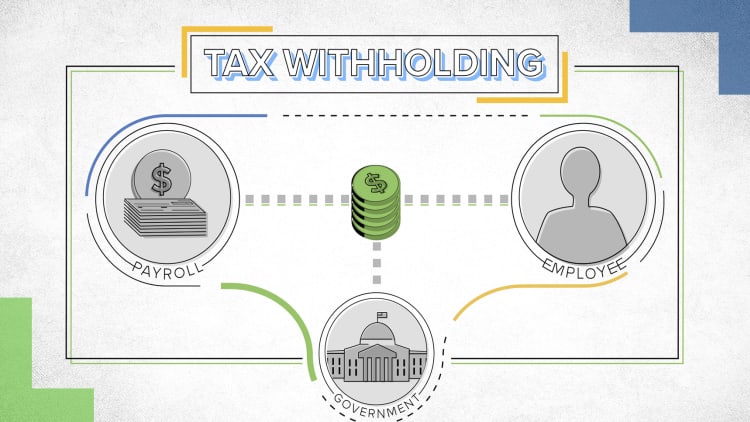
Saving for retirement in your 20s? For many, that's a back-burner priority.
Anyone who's already making paycheck contributions to a 401(k) plan might also think they're doing more than enough. And given your starter salary, student debt loans and credit card debt, contributing to an individual retirement account might seem like an impossible stretch — making it all too easy to put off starting.
What you almost never hear, however, is the regret people have that they didn't start saving earlier. To be sure, it makes sense to start investing as early as possible so your investment will have more time to grow.
Ashley Sprowl, 40, started her Roth IRA when she was 34 and wishes she'd started sooner. "My dad said to start right away, but I didn't get the importance of tax-free growth."
Sarah Lindsay Miller, 29, maxes out her Roth IRA every year. "I would have funded mine in high school and college if I had known about it," said Miller, an office manager in Estes Park, Colorado.
Millennials seem particularly drawn to Roth IRAs, which are showing an across-the-board uptick from all age groups.
Drawing on investor data, Fidelity found more than half of IRA contributions go into Roth IRAs, and especially from people age 23 to 38. "Millennials opened 41% of new Roth IRA accounts in 2018, and 74% of their contribution dollars are going into Roths," said Maura Cassidy, vice president of retirement at Fidelity.
More from Invest in You:
Do you recognize yourself in any of these financial personality types?
Good financial habits will only get you so far on the road to riches
Savers who got a late start share their best tips to get on track to financial independence
So, how does a Roth IRA work?
It's a retirement savings account that allows your money to grow tax-free. You fund a Roth with after-tax dollars, meaning you've already paid taxes on the money you put into it. In return for no up-front tax break, your money grows tax-free, and when you withdraw at retirement, you pay no taxes.
The accounts are especially valuable when they are the sole source of retirement savings. Miller's employer does not provide a 401(k). However, she put in the maximum savings possible even when she was contributing to a workplace retirement plan with a former job.
I would have funded mine in high school and college if I had known about it.Sarah Lindsay Miller
Roth IRA advantages
For younger people, 30 or 40 years seems like a very long time to not be able to touch the money. Since Roth contributions are made with after-tax dollars, that's not a concern.
"The benefits of the Roth are that you can tap into the contributions you've made tax-free and penalty-free," Cassidy said. "People are finally really understanding that."
You have to forgo the tempting, immediately available tax break, but you get something better in return, says Mike Hoffman, a director at Verdence Capital Advisors. "The contributions and, most importantly, the 30-plus years of earnings, will be tax-free in retirement," Hoffman said.
"This is the year that millennials are estimated to be a larger population than boomers," Fidelity's Cassidy said. "The older millennials are in their 30s, stable in their careers, saving for multiple goals.
"It's great to see them saving for their future," she added.
For her part, Roth owner Sprowl said that, although she loves "that it grows tax-free," she's less enthusiastic about the annual contribution limit.
Higher limits
Since the IRS raised IRA contribution limits, you can contribute $6,000 annually. If you are over age 50 and making catch-up contributions, you can put in an additional $1,000, for a total of $7,000 per year.
"Those are great little bump-ups to take advantage of additional savings," Cassidy said.
You can also earn more and still contribute to a Roth IRA – the income cutoff is $137,000 for single filers, up from $135,000 for single filers in 2018.
If you're still deciding which type of IRA to go with, Hoffman says the traditional IRA is a form of instant gratification because of the upfront tax refund.
"But if you're truly thinking long term, and what will be better for you and your family many years from now, then you would pick the Roth IRA in most cases," Hoffman said.

Disclosure: NBCUniversal and Comcast Ventures are investors in Acorns.





